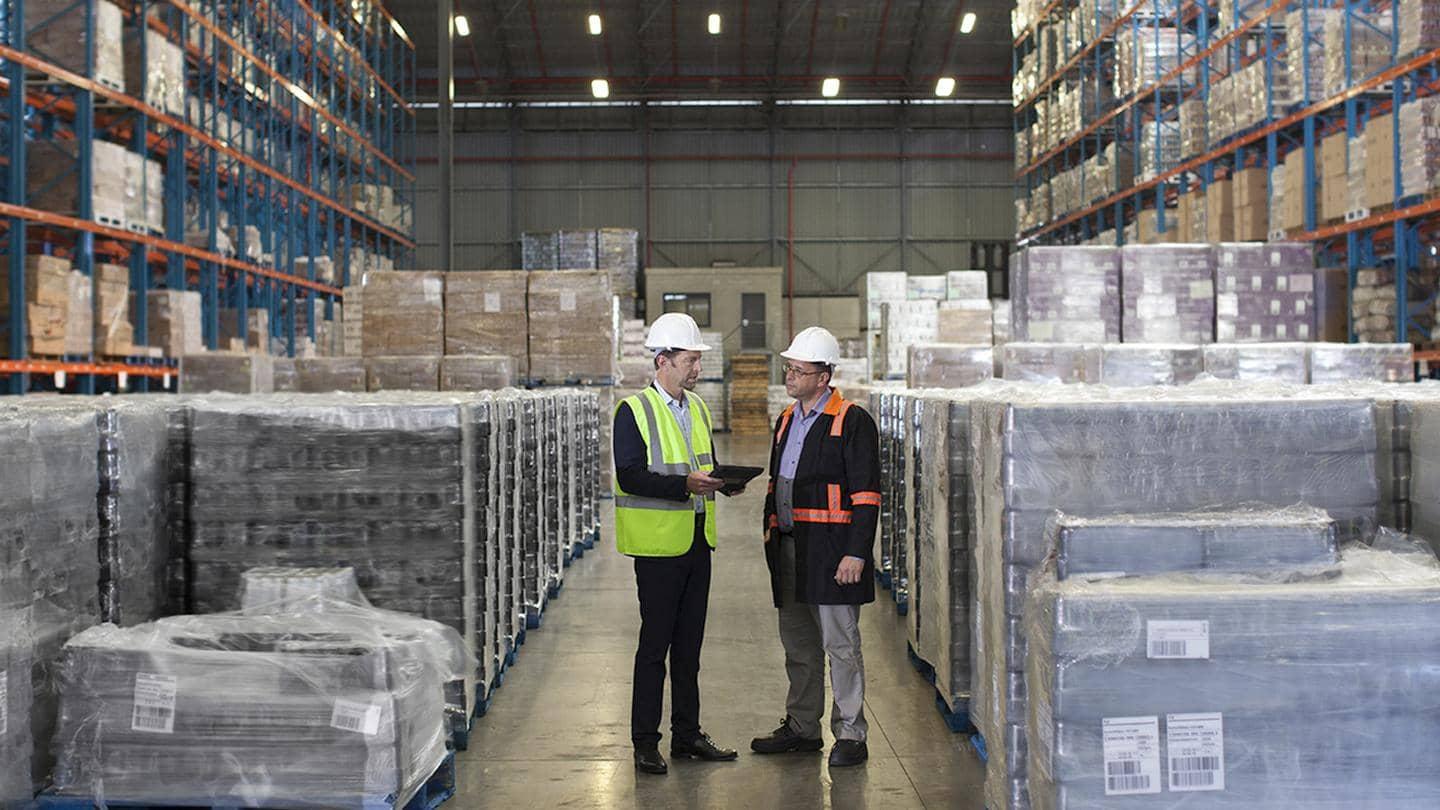
Logistics operators looking increasingly towards mergers and acquisitions to boost resilience in today’s volatile market
· Almost half of logistics operators say they are likely to make an acquisition in the next 12 months as they look to expand operations and become more competitive
· Confidence among businesses in the logistics sector has dropped 12 points in the last year, according to the latest study from Barclays Corporate Banking and BDO
· The figure now stands at 50.4, with a small majority confident they can weather high inflation, rising fuel and energy costs and labour shortages
· Despite the challenges facing the sector, three out of five businesses expect their turnover to increase in the coming year
Logistics industry confidence has dropped 12 points over the past year, the 2022 Barclays-BDO Logistics Confidence Index reveals. Increased costs, economic pressures and concern over talent shortages, has seen confidence levels fall to 50.41.
Despite these challenges, mergers and acquisitions continue to be a strategic priority for logistics companies with 45% of respondents reporting that they are likely to make an acquisition in the next 12 months, the highest figure ever recorded in this survey’s 10-year history. Operators are seeking to achieve economies of scale and expand their service offering, ingraining a trend for consolidation into what remains a fragmented industry.
Somewhat surprisingly perhaps, against a gloomy economic outlook, a small majority of businesses in the sector are optimistic about the outlook for the coming year, compared to those who are pessimistic. Three out of five (60%) are expecting turnover to increase over this time frame, with only a quarter (25%) anticipating a decrease.
On the flipside, however, high inflation and rising costs are impacting levels of profitability, as just under half (45%) of logistics companies say their margins will improve in the next 12 months, compared to 62% this time last year. Meanwhile, almost a third (30%) are anticipating a drop in profitability, up by 11% on 2021.
Of all the challenges facing the industry, 80% say labour shortages will have a major impact on their business in the coming months. In fact, concerns over a dearth of workers have led nine in ten firms to improve pay and conditions for their workforce. The most sought-after roles are drivers and warehouse staff, followed by office and admin staff.
Competition for talent was so high that HGV drivers qualified to drive the heaviest vehicles saw advertised salaries increase by an average of 25% in the past year alone (Q1 2022 vs Q1 2021) ².
Investment in ESG frameworks is seen as another way to attract talent. More than half (53%) of logistics businesses are focusing on employee welfare and staff wellness as their priority ESG initiative for the coming year.
Other sustainability priorities across the industry include optimising the fuel of existing fleets (52%), with four in ten firms (40%) viewing the introduction or expansion of alternative fuel vehicles as a priority for the year ahead. More than two in five (44%) plan to introduce greener lighting and power supplies to their warehouses.
Lee Collinson, Head of Manufacturing, Transport & Logistics at Barclays Corporate Banking, said: “Understandably, the circumstances of the past year have led to a drop in logistics sector confidence. Price rises, supply chain challenges, a scramble for talent, and strikes at UK and European ports have taken their toll.
“However, it’s encouraging to see that businesses are looking ahead at capex and finding ways to grow. Many are looking to invest in mergers and acquisitions, as well as ESG initiatives and staff welfare programmes to remain competitive, and it’s clear they see investment in tech as key to managing their cost bases and improving efficiency. This spirit of determination and innovation has come to define the UK logistics industry and looks set to continue.”
Jason Whitworth, Partner, M&A Advisory and Logistics & Supply Chain Management at BDO LLP, said: “In the last 10 years [since the launch of the Logistics Confidence Index], the sector has changed immensely, accommodating the rise in ecommerce, a seismic shift in customer expectations, the ESG agenda, and the growing role technology is playing in every aspect of the industry.
“Our latest report demonstrates that those decade-defining themes are still very much in play, now taking on greater meaning in the face of significant challenges, led by rocketing fuel and energy costs, customer pricing pressures, and a faltering economy. It’s little wonder that, as the market contends with the toughest business conditions experienced for many years, confidence is at its third lowest level since the report began. Concerns over profitability, skills, labour shortages, top line growth, and the rising cost of doing business, are integral to that fall.
“However, despite this, it’s reassuring to see that the logistics sector is still keenly focused on capitalising on strategic opportunities, with a focus on better servicing existing customers and also acquisitions the main drivers for growth.”
Notes to editors:
¹ More than 100 senior decision-makers – including chief executive officers, managing directors and chief financial officers – provided their views and insights for this survey, conducted during July-September 2022. All figures and data relating to the UK Logistics Confidence Index within this report have been researched by Analytiqa. The index calculation is based on the proportion of respondents reporting either an improvement, no change or deterioration within the sector, scored from 0 to 100. Therefore, a number over 50 indicates an improvement, while below 50 suggests a decline. The further away from 50 the index is, the stronger the change over the period.
² Logistics UK